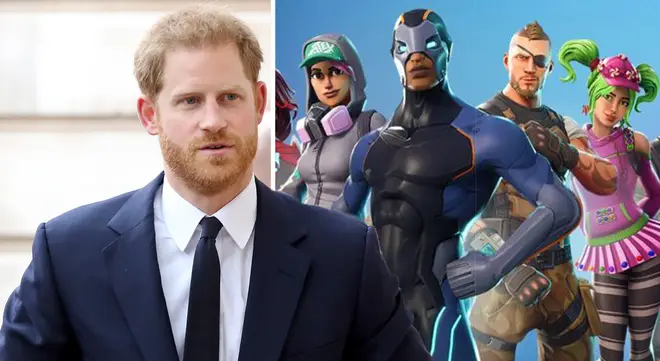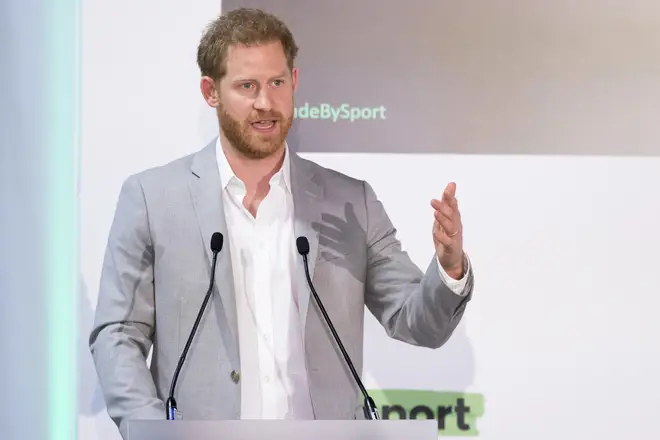On Air Now
Early Breakfast with Lindsey Russell 4am - 6:30am
21 June 2019, 17:06 | Updated: 21 June 2019, 17:09

Video game makers have said Prince Harry was wrong to call Fortnite addictive.
The makers of ‘Fortnite’ have said they’re shocked by Prince Harry’s call to ban the video game.
Back in April, the Duke of Sussex gave a speech to youth charity workers, saying: "That game shouldn’t be allowed. Where is the benefit of having it in your household?
"It's created to addict, an addiction to keep you in front of a computer for as long as possible. It’s so irresponsible."
But speaking to MPs about video game addiction, Canon Pence - who works for makers of Fortnite, Epic Games - said they were "quite taken aback" by the Prince’s comments.

At a Digital, Culture, Media and Sport (DCMS) Committee meeting at the House of Commons, he said: "The statements made could not be further from the truth in our designs and philosophy and multi-decade approach to developing a long-term and sustainable relationship with our audience.”
He added: ‘It’s really always been our effort and intent to create a fun, fair, flexible, engaging and generous form of interactive entertainment for our audience and so I feel like a statement that suggests that there was some sort of nefarious attempt to extract short-term profit is a real mischaracterisation.”
Fortnite currently has 200 million registered players and is said to have made £1.9 billion in one year, which is more than any other computer game ever. It’s now thought Epic Games have made around £3billion in total from the game.
But Canon Pence insisted that the game is not about “making money” from young people as the maximum someone can spend in their Battle Royale game is around $200 (£159).
Marketing chief Matthew Weissinger also defended the company, saying Fortnite has "a number of parental controls" to stop young users from being exploited by spending lots of money on the game.
Read More: Prince Harry and Meghan Markle share first photo of baby Archie to celebrate Father's Day
"We're not interested in maximising profit from our players, we want to have an open and honest relationship," he added.
Shaun Campbell and Kerry Hopkins from EA - who make games like Fifa and Battlefield - also appeared at the committee meeting.

When asked about whether their games could be harmful, Kelly insisted: “I don’t think we can agree to say that games are addictive and I actually don’t believe the World Health Organisation decision to designate a gaming disorder uses the word ‘addiction’ or refers to games as being addictive.
“What it doesn’t say is that games are inherently addictive, what it says is some people suffer from a disorder.”